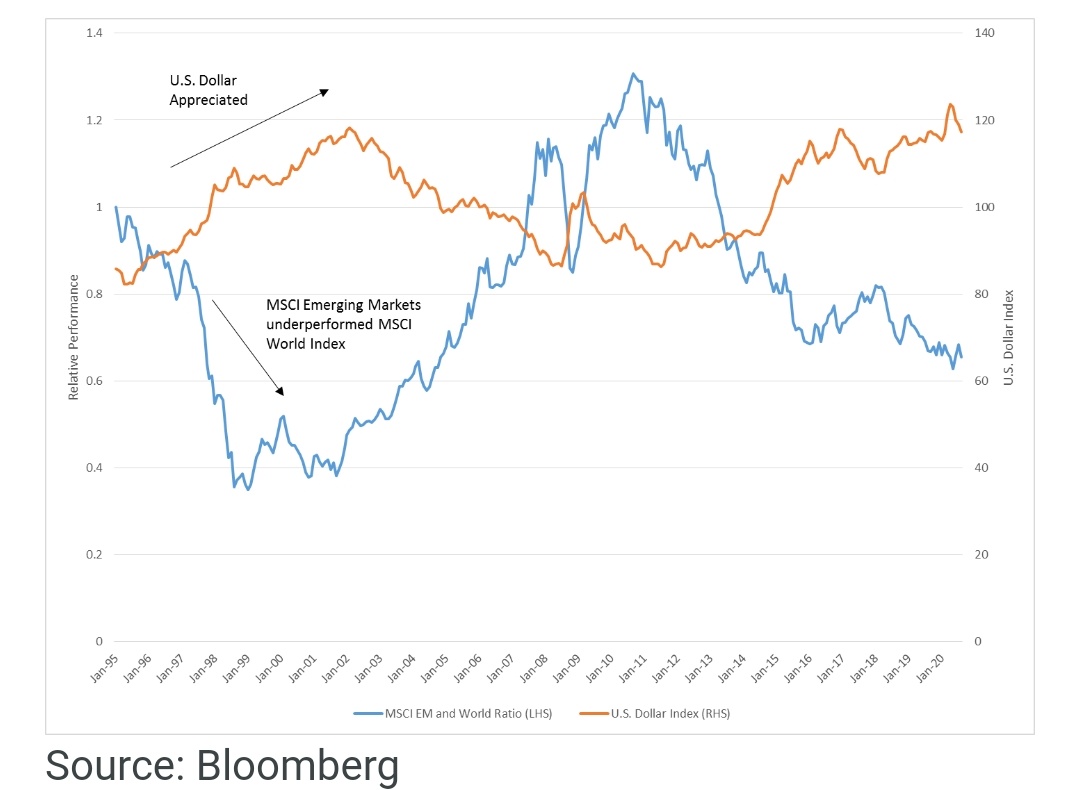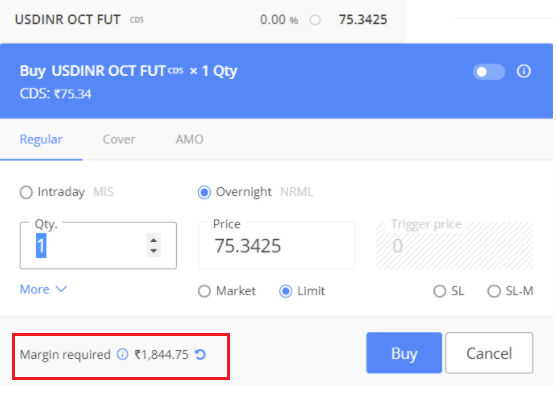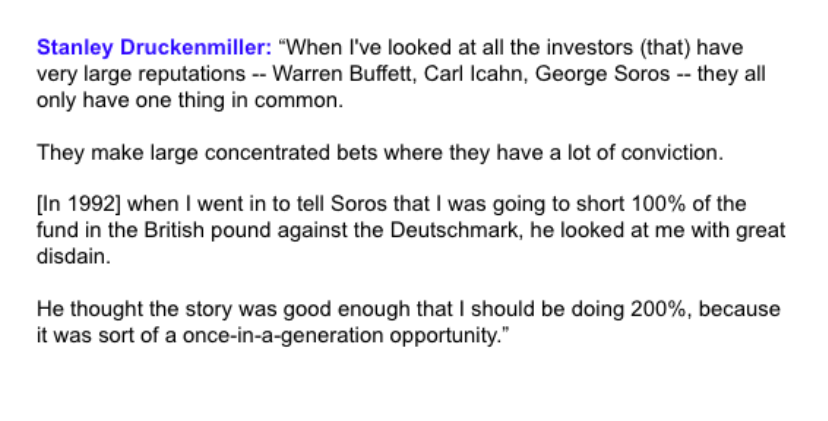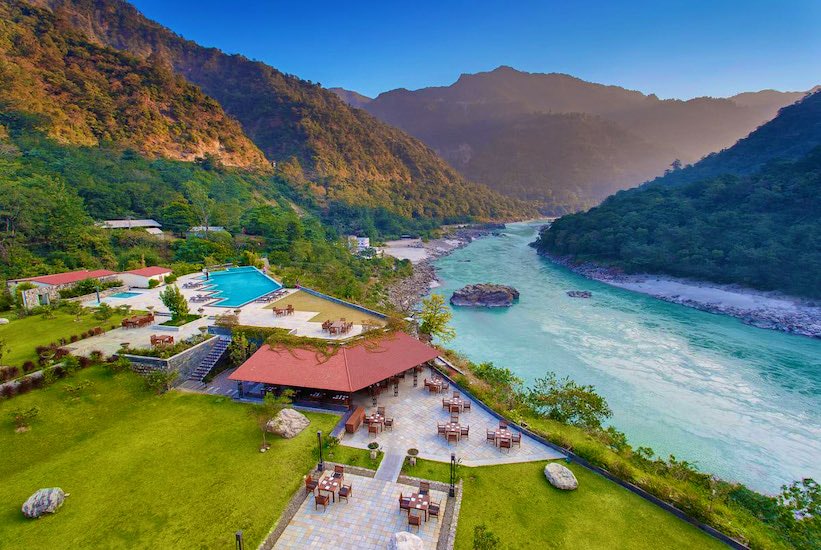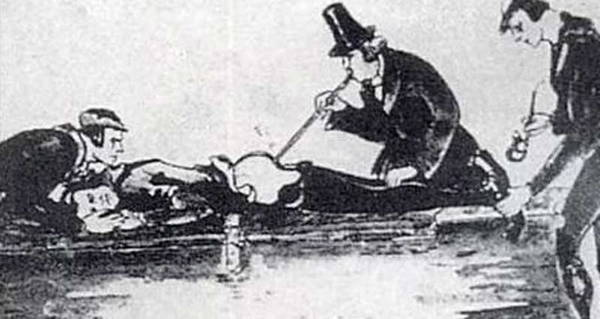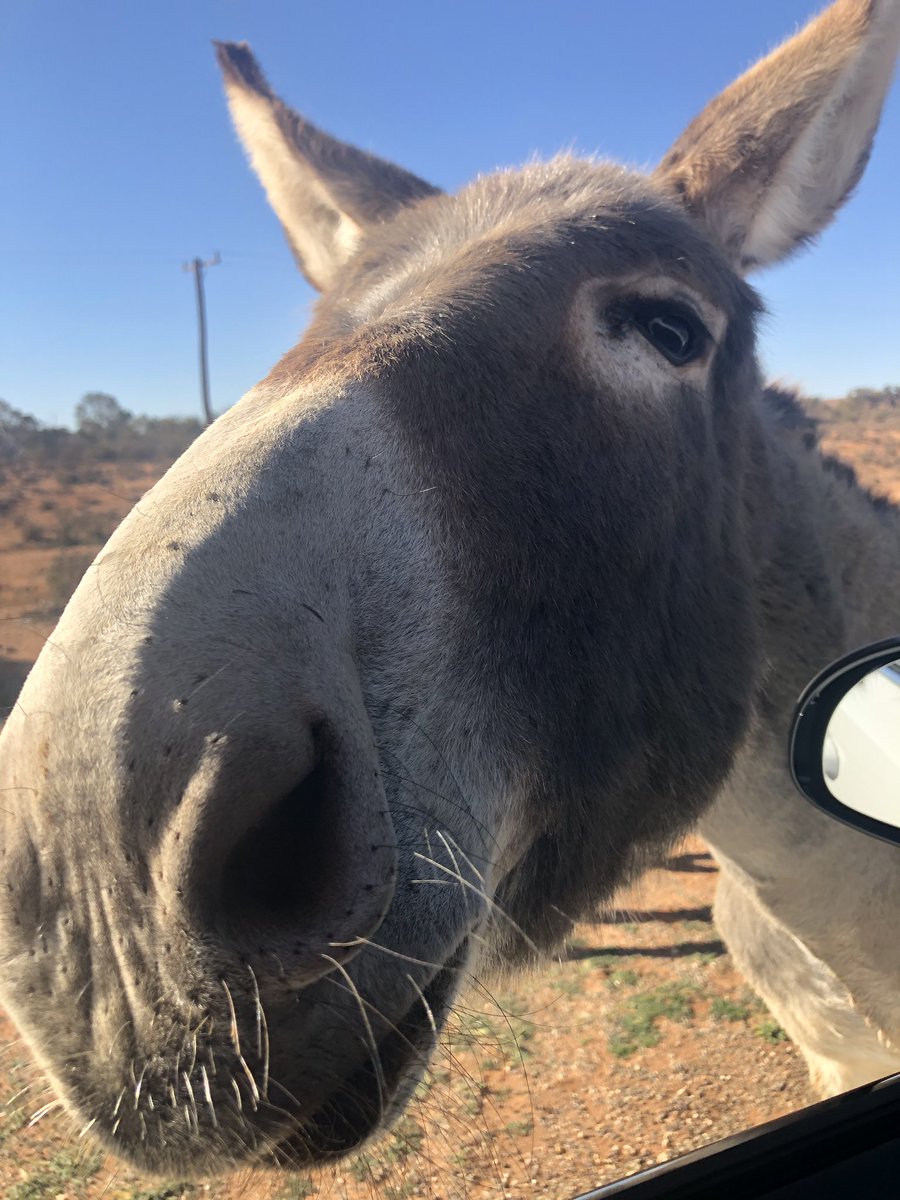During yesterday’s Clubhouse session, @anuarfariz mentioned Sabah Electricity Sdn Bhd (SESB), and that reminded me of some old notes I had.
A THREAD on one of the greatest struggles in providing a basic right, electricity, to residents in Malaysia's easternmost state 👇
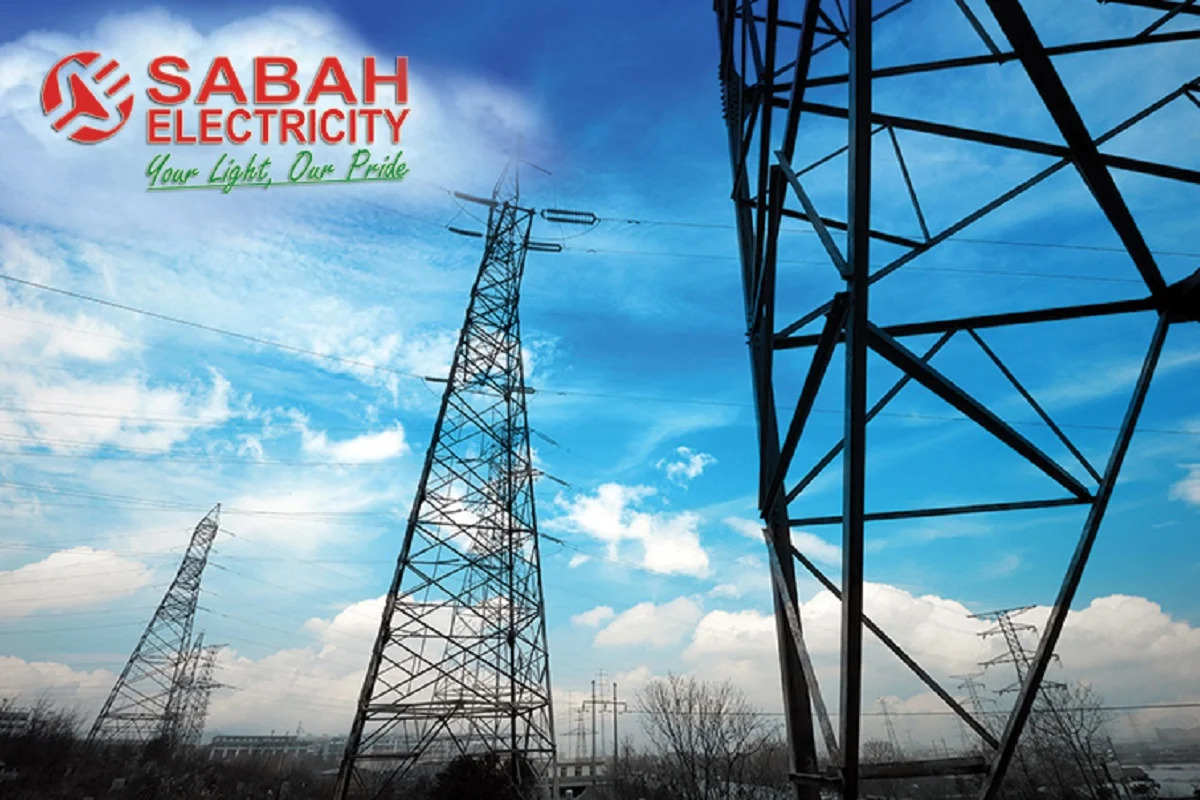
https://t.co/hhgSNHBYJO
https://t.co/p0F74a9ghj
https://t.co/MnhzUK23Lm
More from Finance
1/18 After 3 months, @saffronfinance_ is no longer new on the scene. Now that the kid has climbed the ranks, it's time to see if he can hang with the big boys.
Below are some updated thoughts on potential integrations, improvements, and innovations for Saffron moving forward. ⬇️
2/18 First, if you haven't seen @Privatechad_'s alpha-leaking introductory thread, you should check it out.
I agree that @AlphaFinanceLab and @CreamdotFinance, specifically the Iron Bank, would be ideal targets for SFI risk tranches.
3/18 Speaking more broadly, Saffron is primarily integrated with @compoundfinance, which has served as a MVP of sorts.
The thing is, Compound is one of the safest (but also lowest yield) protocols in DeFi, so it's not surprising that there isn't much demand for the sen. tranche.

4/18 Expanding beyond Compound to higher-risk/higher-return protocols has always been key.
These protocols are the bread-and-butter target market for Saffron, and I would expect to see a surge in demand for senior tranche staking in these
5/18 Additionally, @DeFiGod1 convinced me that Senior Tranche pools would be more appealing if they offered fixed yield.
Essentially, Saffron would augment the product offerings of @Barn_Bridge by also offering senior stakers insurance in the form of junior tranche collateral.
Below are some updated thoughts on potential integrations, improvements, and innovations for Saffron moving forward. ⬇️
1/11 @saffronfinance_ ($SFI) is DeFi's new kid on the block with its tranched yield product that is already live with DAI on @compoundfinance. https://t.co/JpqnxhwrDw
— Benjamin Simon (@benjaminsimon97) November 19, 2020
2/18 First, if you haven't seen @Privatechad_'s alpha-leaking introductory thread, you should check it out.
I agree that @AlphaFinanceLab and @CreamdotFinance, specifically the Iron Bank, would be ideal targets for SFI risk tranches.
15/. 3. Though not the focus atm, interest from various projects and integrations are happening.
— Private Chad (@Privatechad_) February 1, 2021
* Chainlink reached out (props to the amazing $LINK team).
* Talks with $ALPHA and rumored upon V2 releases there will be a collaboration.
*Cream integrations in v2
* $COMP tranches pic.twitter.com/IXCtzvSkw7
3/18 Speaking more broadly, Saffron is primarily integrated with @compoundfinance, which has served as a MVP of sorts.
The thing is, Compound is one of the safest (but also lowest yield) protocols in DeFi, so it's not surprising that there isn't much demand for the sen. tranche.

4/18 Expanding beyond Compound to higher-risk/higher-return protocols has always been key.
These protocols are the bread-and-butter target market for Saffron, and I would expect to see a surge in demand for senior tranche staking in these
4/11 Imo, the golden egg will be vault platforms like @iearnfinance, @picklefinance, etc.
— Benjamin Simon (@benjaminsimon97) November 19, 2020
Recently, some of these higher risk platforms (e.g. @harvest_finance) have been hit with a wave of attacks.
Saffron will enable cautious investors to use these products with peace of mind.
5/18 Additionally, @DeFiGod1 convinced me that Senior Tranche pools would be more appealing if they offered fixed yield.
Essentially, Saffron would augment the product offerings of @Barn_Bridge by also offering senior stakers insurance in the form of junior tranche collateral.


